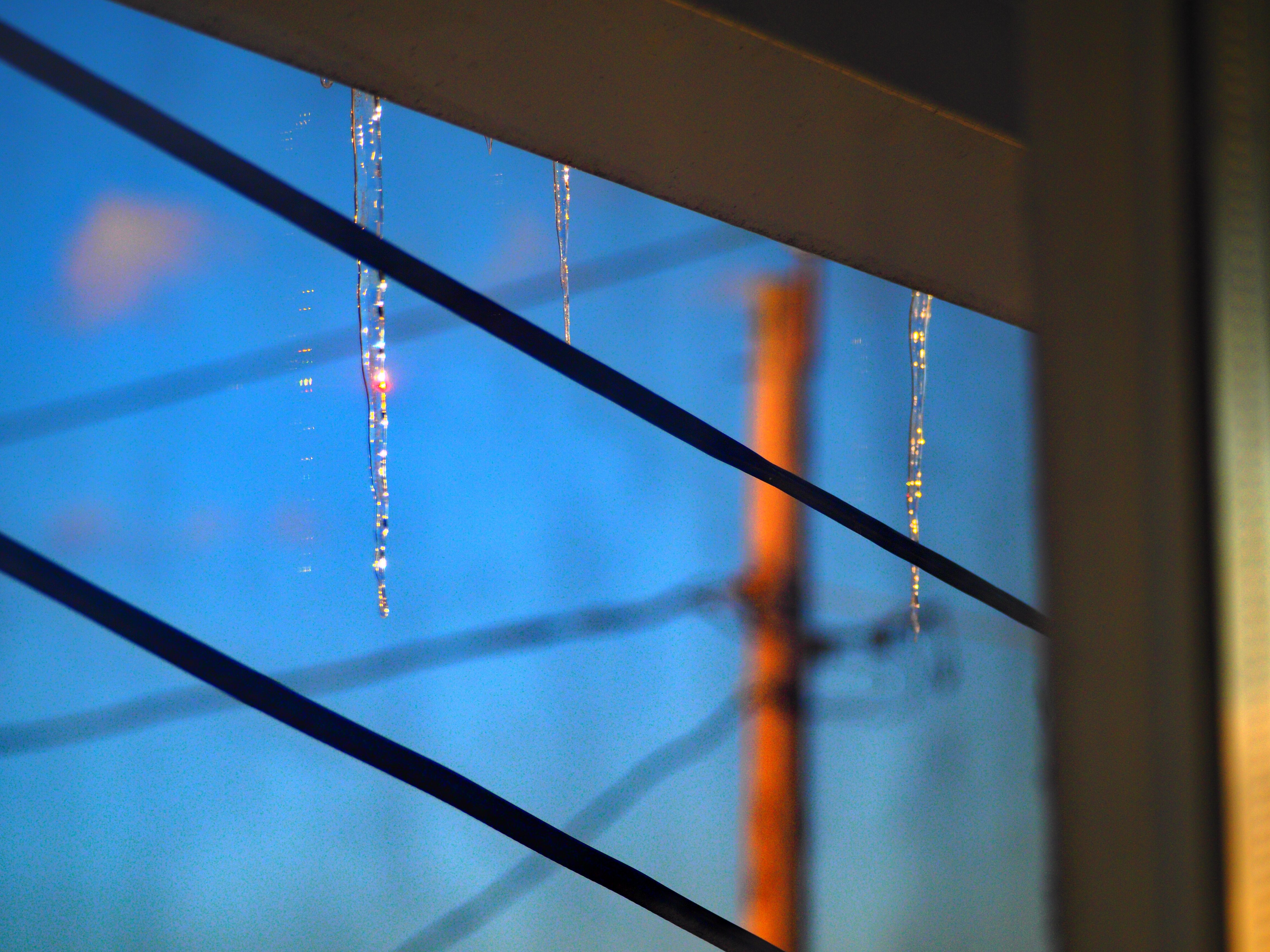it probably has to do with the sea breeze front, I notice that it's cloudy when it's close by. I'm down to 89 degrees here now, so the heatwave is now officially over here, even though it feels much more uncomfortable now than when it was 100+ a few hours ago.
It reached 102.0-102.6 9 times here today, the last time was at 4:51 pm, after that another wall of clouds moved in and didn't leave. The humidity must have spiked too, because it felt a lot worse after that than it did at any point earlier in the day.




